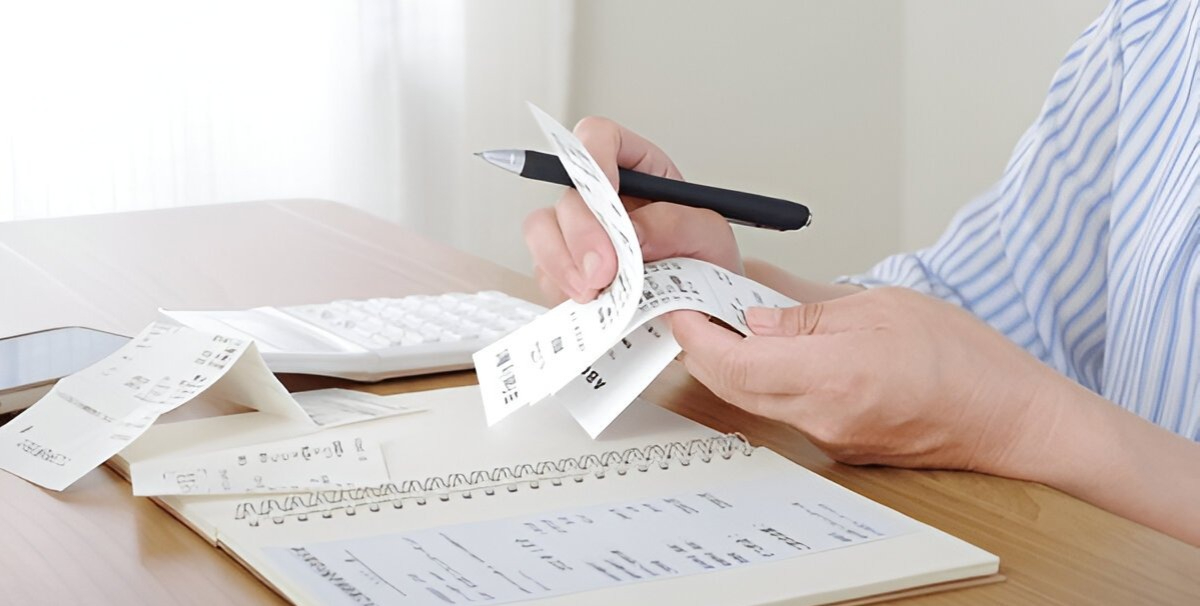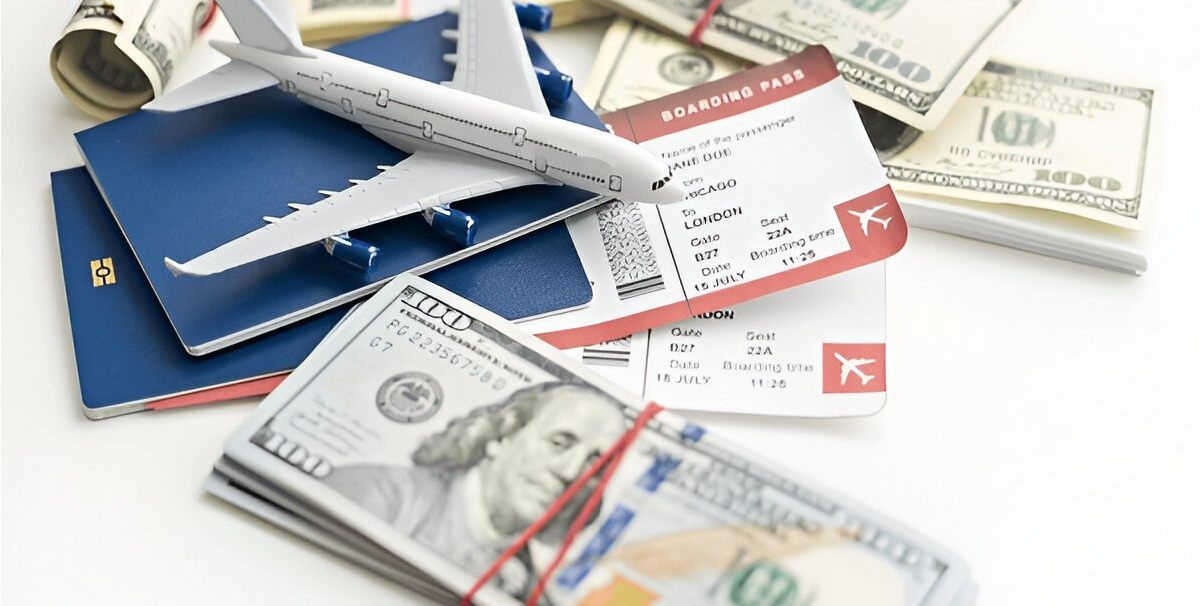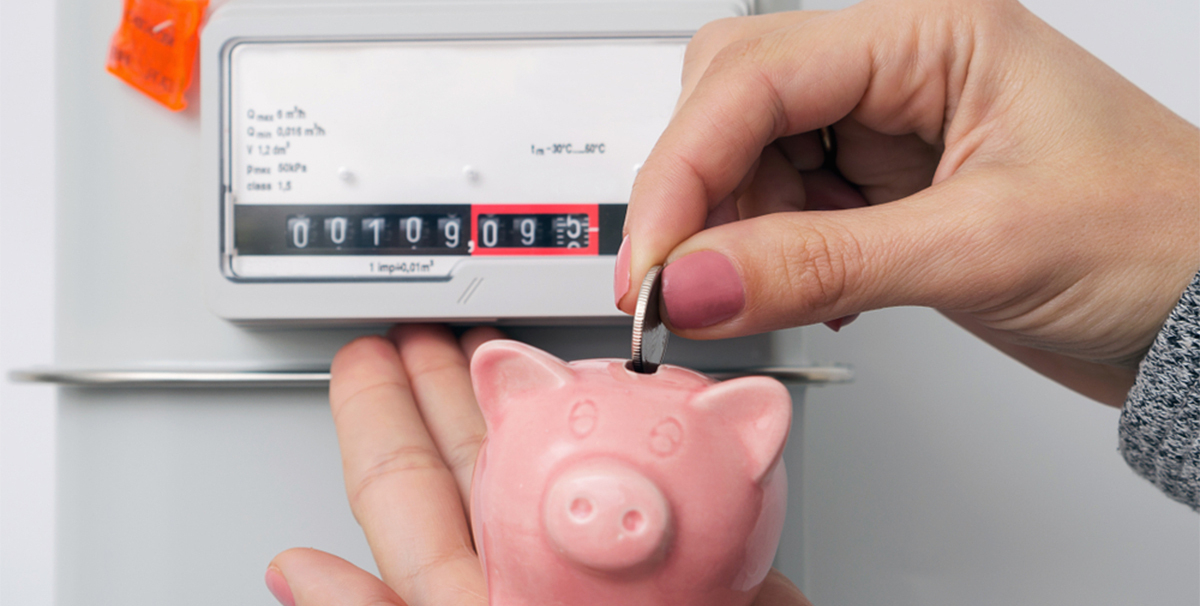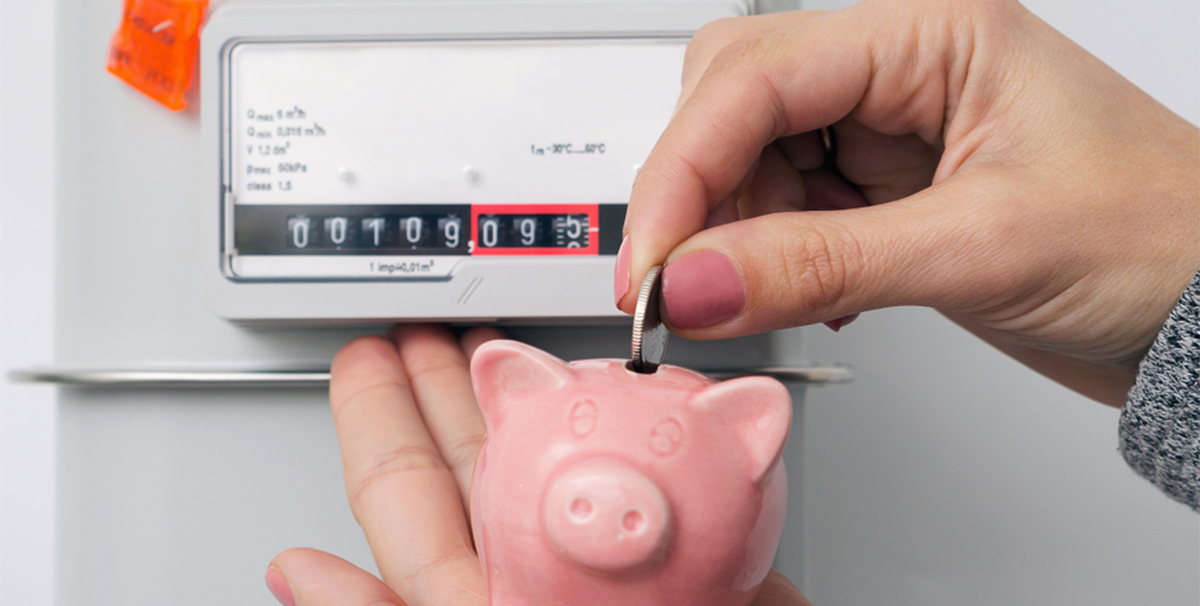Money Management Tips for Teens to Spend Money Wisely


Learning to manage money while you're still in high school is one of the smartest things you can do. The habits you build now will help you when you're older, whether it’s handling your own bills in college, saving for big goals, or avoiding debt. You don’t need a big income to start, just the right mindset and tools.
Most students don’t get a real money education in school. That’s why experts like Ron Lieber (The Opposite of Spoiled) and Dave Ramsey recommend starting money lessons early. Learning now helps you make better choices about saving, spending, and planning for the future. Even small steps taken as a teen can grow into lifelong financial strength. The following are a few smart money management tips for high school students:
This is one of the most basic and effective money systems for teens. Divide your money into three parts every time you receive it, whether it's an allowance, a gift, or job pay. This method helps you learn control and balance without needing complex tools.
Give: 10% to support a cause or someone in need
Save: 50% for future goals
Spend: 40% for day-to-day use or fun
Instead of saying “I want to save money,” be specific. Pick short-term goals with clear amounts and deadlines. Ron Lieber says that setting goals teens understand increases the chance of sticking to them. You’ll feel more motivated when you see progress.
Save $50 in 2 months for new shoes
Save $20 a month for a concert
Save $150 for a tablet over 5 months
Tracking where your money goes is key, and apps make it easier. The UK’s Money Advice Service suggests budgeting should start early, but paper can get boring. Try apps built for students and teens that help you manage spending in a fun, visual way.
GoHenry: Prepaid card with budgeting features
Revolut <18: Smart banking for under-18s
Zogo: Learn about money and earn gift cards
This simple rule helps stop impulse buying. If you want to buy something that’s not a need, wait 24 hours before deciding. Financial educator Jean Chatzky recommends this tip for teens because it teaches you to pause and think about value before spending.
Ask yourself: Do I need it?
Can I get it cheaper elsewhere?
Will I still want it tomorrow?
This method from Dave Ramsey helps teens physically separate their money. It makes budgeting easier to follow. Use three envelopes or folders to organize your cash, or digital folders in apps if you're going cashless. It's about seeing your limits clearly.
Envelope 1: Spending
Envelope 2: Saving
Envelope 3: Giving
This popular budget rule, often used by adults, can be simplified for students. Adjust the percentages depending on your income. The point is to start thinking in categories and not spend blindly. Even small amounts should follow a system.
50% for needs: school supplies, lunch, transport
30% for wants: snacks, music, games
20% for savings: for future goals or emergencies
Earning even small amounts teaches responsibility. Most experts agree that teens who earn money tend to spend more carefully. You don’t need a full-time job. Just find safe ways to earn that match your schedule and energy levels.
Babysitting or pet sitting
Selling art, crafts, or digital work
Helping with tech or tutoring younger kids
Many brands offer lower prices to students, but you have to ask or show your ID. The Money Advice Service says this is one of the simplest ways to save without cutting back. Don’t be shy, most stores are happy to help.
Check for student deals on clothes and electronics
Use apps like UNiDAYS or Student Beans
Ask at cinemas, transport services, or restaurants
Sometimes hearing how other teens handle money can help more than reading guides. Ron Lieber and others recommend stories that are relatable. It makes financial lessons easier to remember and more interesting to follow.
Watch videos from The Financial Diet on YouTube
Read student finance blogs
Follow finance creators who speak to your age group
Many teens are afraid or shy to talk about money. But one of the smartest things you can do is ask questions. Ask parents or siblings how they budget, what mistakes they made, and what they'd do differently. Learning from real-life situations helps a lot.
Ask how bills are paid and how budgets are set
Learn about debit cards, credit cards, and savings accounts
Discuss college or future costs and how to plan early
Money habits don’t start in adulthood, they start now. By applying even a few of these smart money management tips for high school students, you’re building a strong financial base. Experts agree that the earlier you learn, the easier it gets.
Managing $10 well is just as important as managing $1,000 later. Practice now, and by the time you leave school, you’ll already be ahead.

Hi, I’m Rimsha Arif, a writer focused on helping people save money by sharing practical tips and useful information about coupons, promo codes, and smart shopping. From fashion and groceries to travel and everyday essentials, my goal is to make it easier for you to shop wisely, save more, and get the most value out of every purchase.









































